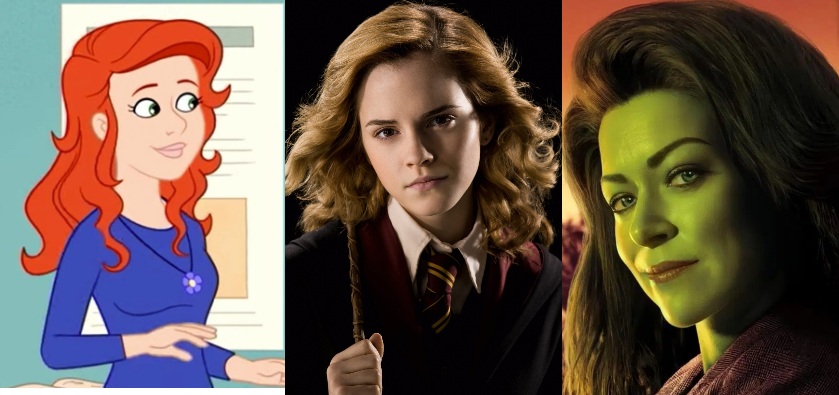Labels, and Why We Love Them
- Micah Kolding
- Mar 10, 2019
- 2 min read
Updated: May 26, 2019
It's time to admit that we love labels. Sure, it's popular to pretend that we don't, but we absolutely do. It's been my observation that the people who most decry labels are the ones who have the longest lexicons of new labels that they insist you learn. If you've ever been trapped in a conversation with somebody who majored in gender studies, you should know exactly what I'm talking about.
When I look at some of the most successful titles in children's and YA media, it strikes me how much labeling and categorization plays an important role. It would seem that a key indicator of a title's success is how many of those obnoxious quizzes you can make to tell people on Facebook what you would be if you lived in the story's universe. "Are you a Jedi or a Sith?" "Are you a Vampire or a Werewolf?" "What is your Race, Class, and Alignment?" The Harry Potter franchise actually managed to build an entire experience around sorting fans into their Hogwarts houses, giving them their wands, and telling them what their patronus is.
It's this latter example that truly makes the conclusion unavoidable: We love these titles not in spite of their fixation on labels, but because of it. Just consider how invested some people get in their Hogwarts houses; wearing the appropriate house colors, buying the appropriate merchandise, and even getting into arguments with members of rival houses to defend their houses' honor.
Even if a title doesn't literally organize characters into explicit categories, chances are good that labeling is coming into play in a less overt form. Consider the average kids' show, and you'll probably find that every character in the main cast can be differentiated from the rest with a single descriptive word. The seven dwarfs use these words as nomenclature. Ditto the Smurfs. The average power trio consists of the "ego" hero, the "superego" brain, and the "id" muscle. The average girls' show consists of the bookish one, the sporty one, the fashionable one, the shy one, the manic one, and the sassy one. Even though their labels may have to be inferred, it all has the same effect.
So, why are we so obsessed with labels? It's not difficult to speculate; we use labels to help us explore ourselves. When we identify the characters in a story that we most see ourselves in, we want to be able to define our relationship to them. And if we can figure out a way to feed our unfortunate need to establish that we're special and everyone who isn't like us is a Muggle or whatever, all the better.




Comments